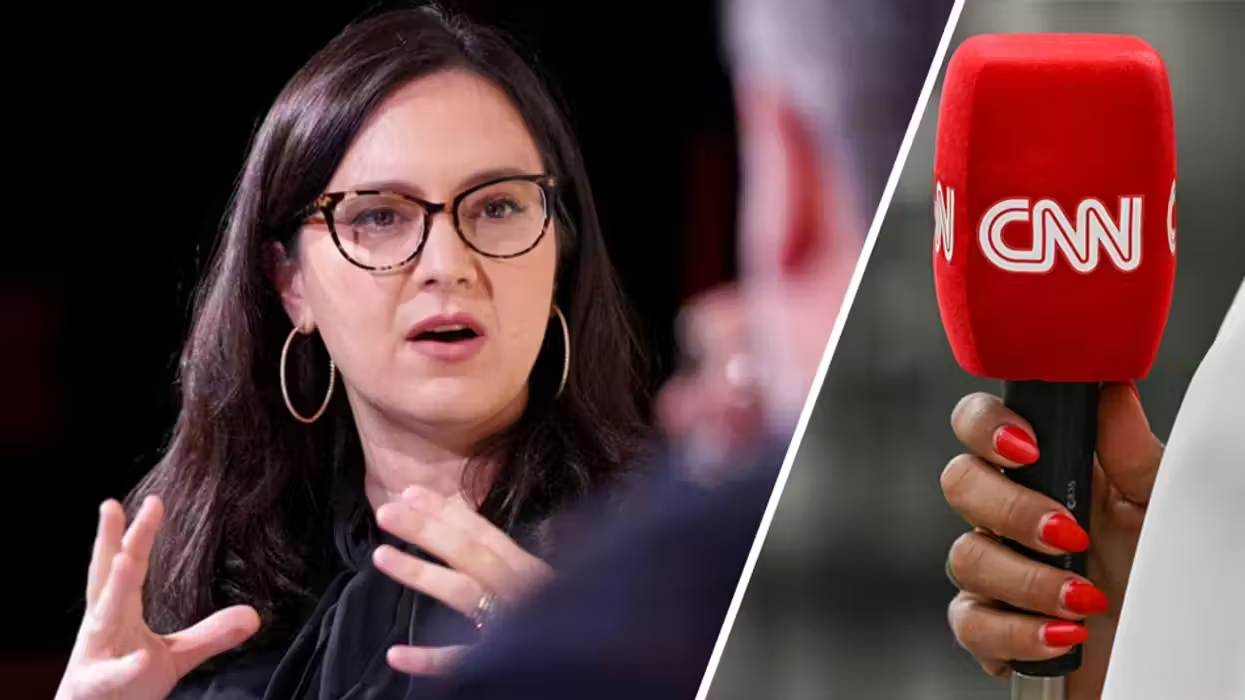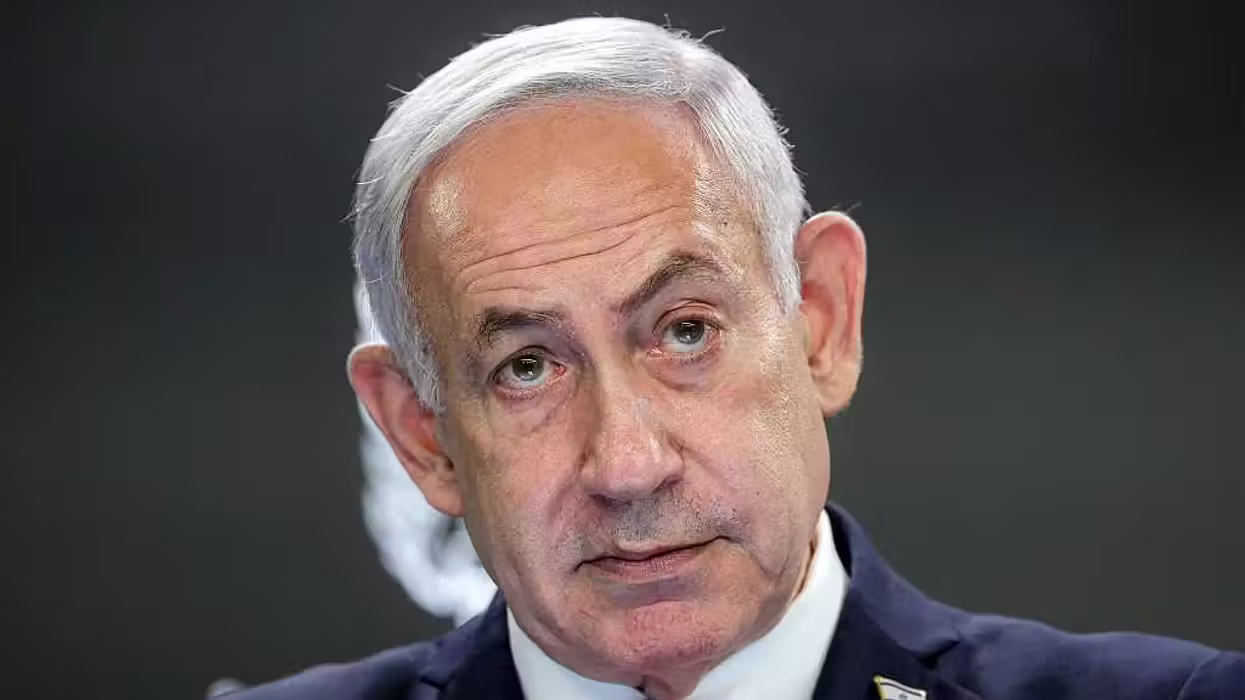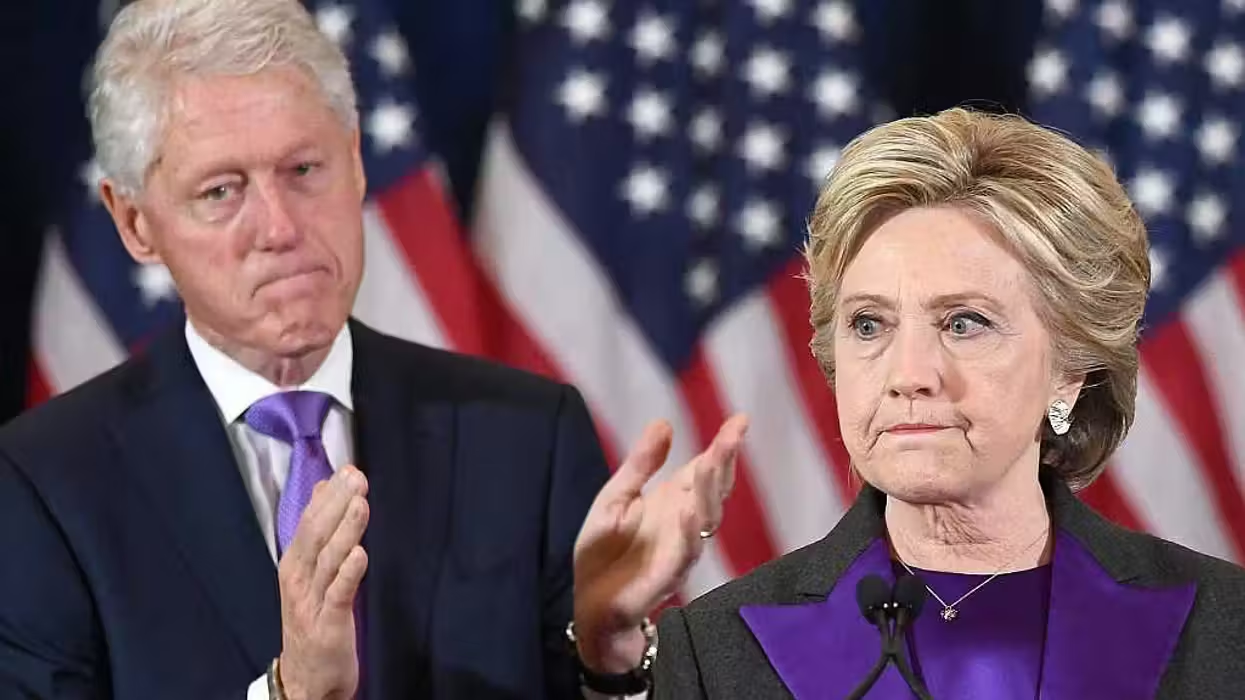Chuck Hagel, President Obama's nominee to be Secretary of Defense, faced a gauntlet of harsh criticism the instant his name was put down for the job. Accused of being an anti-Semite and overly chummy with Iran, Hagel did himself no favors by botching his widely panned confirmation hearing. Now, his nomination faces a filibuster from Senate Republicans, and new information has come to light showing not only that Hagel once wanted to cooperate with Iran, but why.
Specifically, a speech Hagel gave in 2007 at Rutgers University, and another speech in 2008 to the American-Arab Anti-Discrimination Committee (ADC) provide clues as to his beliefs at the time. Buzzfeed has dug up both, and we have enclosed both the video of the 2008 speech, and highlights from the text of the 2007 speech.
Video:
And the highlights of the 2007 speech(emphasis added):
Today, the Middle East is more combustible and dangerous than any time in modern history. It is experiencing political upheaval driven by the Israeli-Palestinian conflict, religious and ethnic differences, radical Islamic fundamentalism, terrorism, despair and the war in Iraq.
Forces and events in the Middle East cannot be neatly categorized. The swirl of Middle East history creates layers upon layers of complexity. There is little transparency in the Middle East. That is a reality that is inescapable and cannot be assumed away. To ignore this reality is to risk being trapped by false choices....false choices such as the question, 'which is worse - Iran with nuclear weapons or war with Iran?'
These are not our only choices in dealing with the Middle East and Iran. Diplomatic initiatives, UN mandates, regional cooperation, security frameworks, and economic incentives are part of the mix of international possibilities that must be employed to comprehensively address the challenges of the Middle East.[...]
Iran must be held accountable for its actions. These actions by Iran are one part of a complicated picture of a country with a three thousand year history, governed by a complex and opaque political structure, burdened by a stagnating economy, and located in a geostrategically unstable region.
Iran has cooperated with the United States on Afghanistan to help the Afghans establish a new government after the Taliban was ousted. Iran continues to invest heavily in the reconstruction of western Afghanistan.
On Afghanistan, the United States and Iran found common interests - defeating the Taliban and Islamic radicals, stabilizing Afghanistan, stopping the opium production and the flow of opium coming into Iran. From these common interests emerged common actions working toward a common purpose. It was in the interests of Iran to work with the U.S. in Afghanistan. It was not a matter of helping America or strengthening America's presence in Central Asia. It was a clear-eyed and self-serving action for Iran.
Complex sets of factors drive the dynamics inside Iran as well as Iran's actions in the Middle East. Iran is not monolithic. Iran is governed by competing centers of power. The President and the parliament - known as the Majles - are elected. But it is the Supreme Council, lead by the Supreme Leader...currently Grand Ayatollah Ali Khamenei...who serves as the Commander in Chief and has formal authority over Iran's armed forces and foreign policy. Ayatollah Khamenei has the power to dismiss Iran's President. In fact, Supreme Leader Khamenei did not support President Ahmadinejad's presidential bid. Power and influence in Iran evolve and shift...and are difficult to understand.
Two-thirds of Iran's population is under the age of 30. Iran is undergoing a generational shift that will shape Iran's outlook...and its opinions of the United States...for decades to come. Iran's young people use the internet in large numbers, wear American jeans, listen to American music and are positive about America and the West. We do not want to lose this pro-American generation by turning them away from us. They are the hope of Iran. They bristle under the heavy yoke of the Ayatollahs' strident limitations of personal freedom.[...]
We are living today at an historic transformational time in history. The great challenges of the 21st century will require U.S. leadership that is trusted and respected, not feared nor resented. America cannot project only military power. Inspirational leadership and confidence in America's purpose, not imposed power, will be essential for world peace. If we fail, we will lose the next generation in Iran and around the world. This would result in a far more dangerous world than any we have ever known.
These excerpts themselves do not necessarily suggest a pro-Islamist worldview, merely one that treats the political struggle within Iran as more relevant than the dominant religion of Iran. However, according to the Washington Free Beacon, Hagel may have also made anti-Semitic remarks during the Q&A following this speech, raising the question of whether his sharp-eyed realism was truly as unmarred by religious/racial considerations as it appears here.
Do you think these are the sorts of sentiments that a United States Secretary of Defense should be expressing? Weigh in below.







